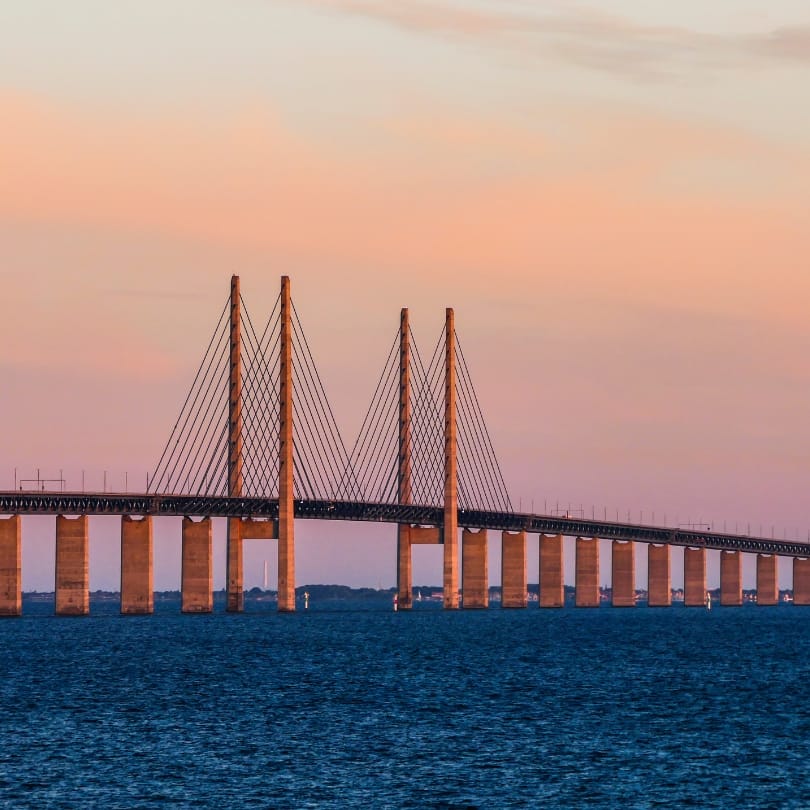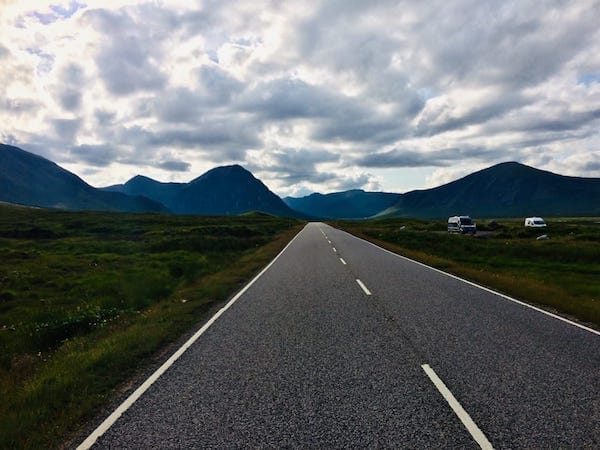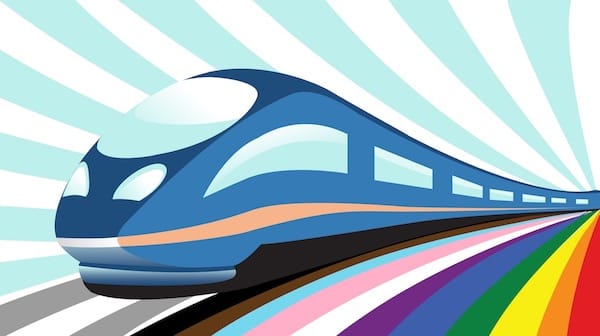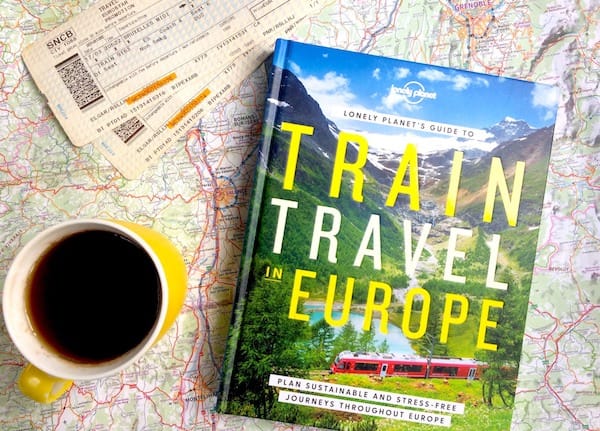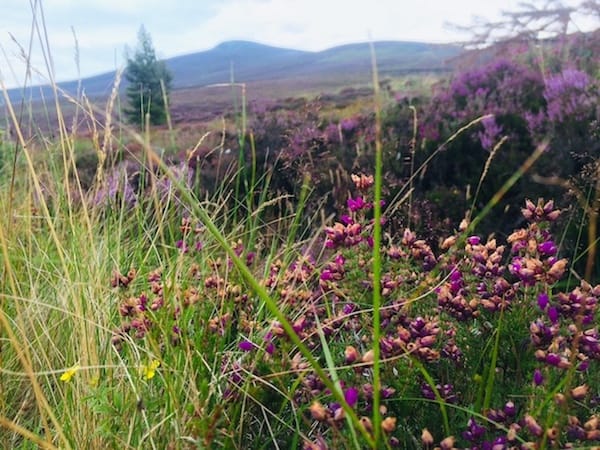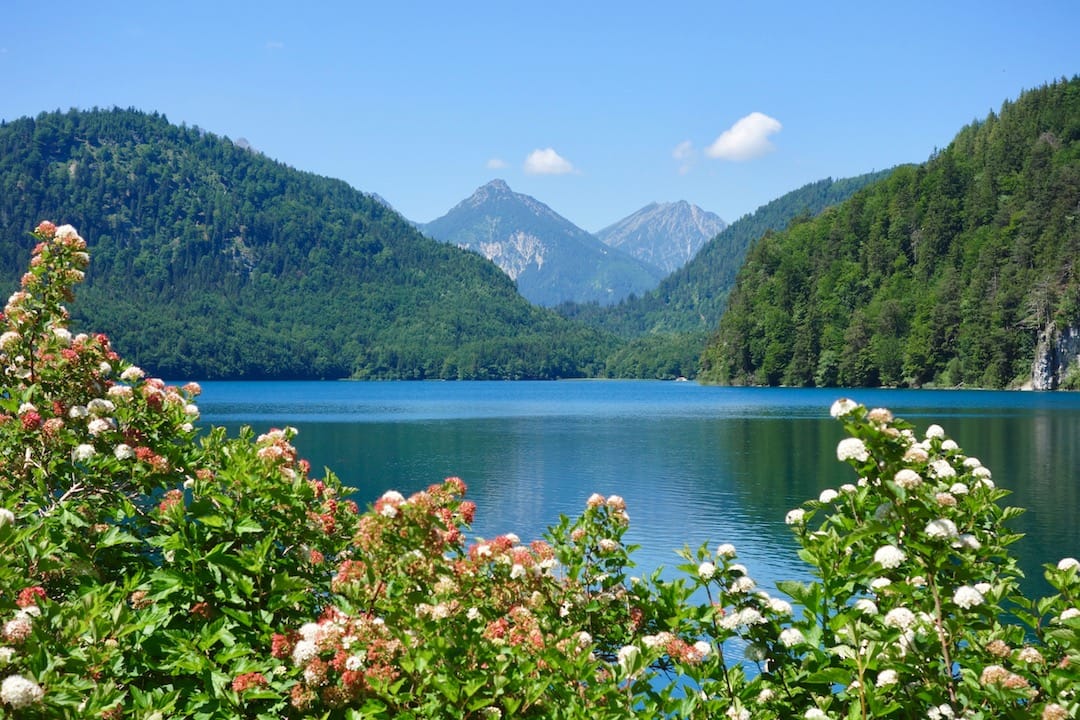
A year ago, I cancelled a flight I had booked to Greece.
I had seen the latest climate report from the IPCC and learned about the impacts of aviation, and I felt it was hard to justify flying just to go on holiday.
Taking flights supported something I knew was damaging, and out of concern for an ever-deteriorating climate, I felt it was important to have my actions reflect that concern.
This did feel like a personal loss, though, especially since I wanted to travel to other continents, and sticking to rail and ferry felt restricting. I didn’t want to close myself off from the diversity of landscapes, cultures, and experiences that are out there.
But I started to realise that overland travel can be exciting in its own right, offering experiences that you miss out on when flying – the scenery and places you pass on the way being especially appealing. Not having to deal with airports (and needing to make my way to and from them) was a big bonus as well.
"Overland travel can be exciting in its own right, offering experiences that you miss out on when flying."
Since I enjoy hiking and spending time in nature, especially mountains, I looked at how I could make that happen with train travel. There’s a direct train from Gare de l’Est in Paris to Munich, which would be a great base from which to explore Bavaria and the Bavarian Alps, and I could also hop across the Austrian border to Salzburg and visit the largest ice cave in the world near Werfen.
Getting the Eurostar to Paris from London was easier, less time-consuming, and less stressful than getting to the airport, and since I arrived in the centre of Paris, I was near enough my accommodation to walk there and enjoy my new surroundings. The six-hour train to Munich seemed inconvenient at first, but it didn’t feel that long in reality, as I was switching between enjoying the scenery and watching films on my laptop. The time flew by.
"Getting the Eurostar was easier, less time-consuming, and less stressful than getting to the airport."
From my base in Munich I travelled to Mittenwald and Garmisch-Partenkirchen, both near the Austrian border, set amidst verdant, mountainous scenery with gorges nearby. In these towns, there are plenty of typical Bavarian houses to be found, with facade paintings depicting Christian figures or traditional village scenes.
On another day I visited the Dachau Concentration Memorial Site, which was a sombre and eye-opening experience. On the train to Dachau, a local told me about the 9-euro-ticket summer offer, which meant that for the months of June, July, and August I could travel on any regional train in Germany (excluding high-speed trains) for just 9 euros. That saved me a lot on trains for the rest of the trip!
My second stop was Füssen, near the iconic and much-visited Neuschwanstein Castle, which inspired Walt Disney to create the Sleeping Beauty Castle in Disneyland. Most pictures of the castle are taken from the popular Marienbrücke, although this viewpoint has been closed recently due to renovation work.
Luckily, I came across a blog post about a hidden, unofficial viewpoint, so I followed the blogger’s instructions and was able to enjoy an incredibly photogenic view of the castle without anyone else around.
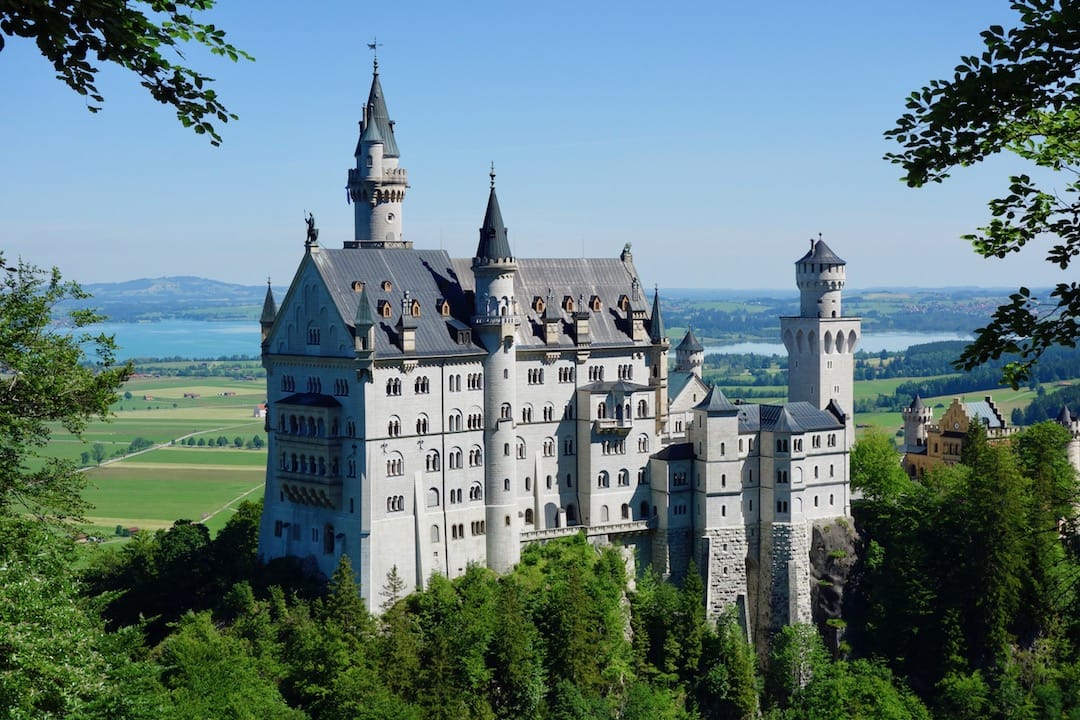
After Füssen I headed across the border to Salzburg, from where I could make the long but worthwhile visit to Eisriesenwelt, the ice cave near Werfen. Since I was in the first group of people to arrive and be led around the ice cave, we were allowed to take photos, which is normally prohibited.
My final stopping point was once more in Germany: Berchtesgaden, a town in the Bavarian Alps. From here you can see the Watzmann mountain, Germany's second highest mountain, which towers above the valleys below. This town would also be my base to visit the fairytale-like Wimbachklamm gorge, where multiple waterfalls cascade into the roaring river below.
I also visited the picturesque town of Ramsau, best known for the Church of St. Sebastian that has Reiteralpe mountain as its backdrop, then made my way through the forests to the emerald green Hintersee lake, from where you can also see a different view of the Watzmann mountain. The following day, I visited Königssee lake (often referred to as the most beautiful alpine lake in Germany), taking a boat ride from one end to the other, where another impressive lake – Obersee – is located.
From there I made my way back to Munich, where I would take an early morning train to Paris, then on to London.
The solo trip took 18 days in total, and while I would’ve certainly saved money and time by flying to Munich instead, I would’ve missed out on all the cities and scenery on the way. I’ve since been busy looking at other possible trips in Europe and beyond (the Man in Seat 61 has been an extremely helpful resource in this respect), eager to make more overland trips, realising the benefits of travelling in this way over flying.
"While I would’ve certainly saved money and time by flying, I would’ve missed out on all the cities and scenery on the way."
In the future, I’d like to travel by train and ferry to Ireland, Morocco, the Balkans, and hopefully someday travel to Thailand via the Trans-Siberian Railway and then make my way back to Europe via Central Asia.
Giving up flying is a sacrifice in one sense, but it offers definite gains as well, such as the ability to appreciate the journey to a destination and the possibility of different and more serendipitous experiences.
Being able to enjoy travel without the guilt that comes from flying is a personal benefit as well, but more important than this are the actual environmental benefits involved – and in a time where many countries (including the UK) have felt the brunt of record-breaking temperatures, these benefits can’t be emphasised enough.
Sam Woolfe is a freelance writer based in London. You can find more of his work on his website and follow him on Twitter.
